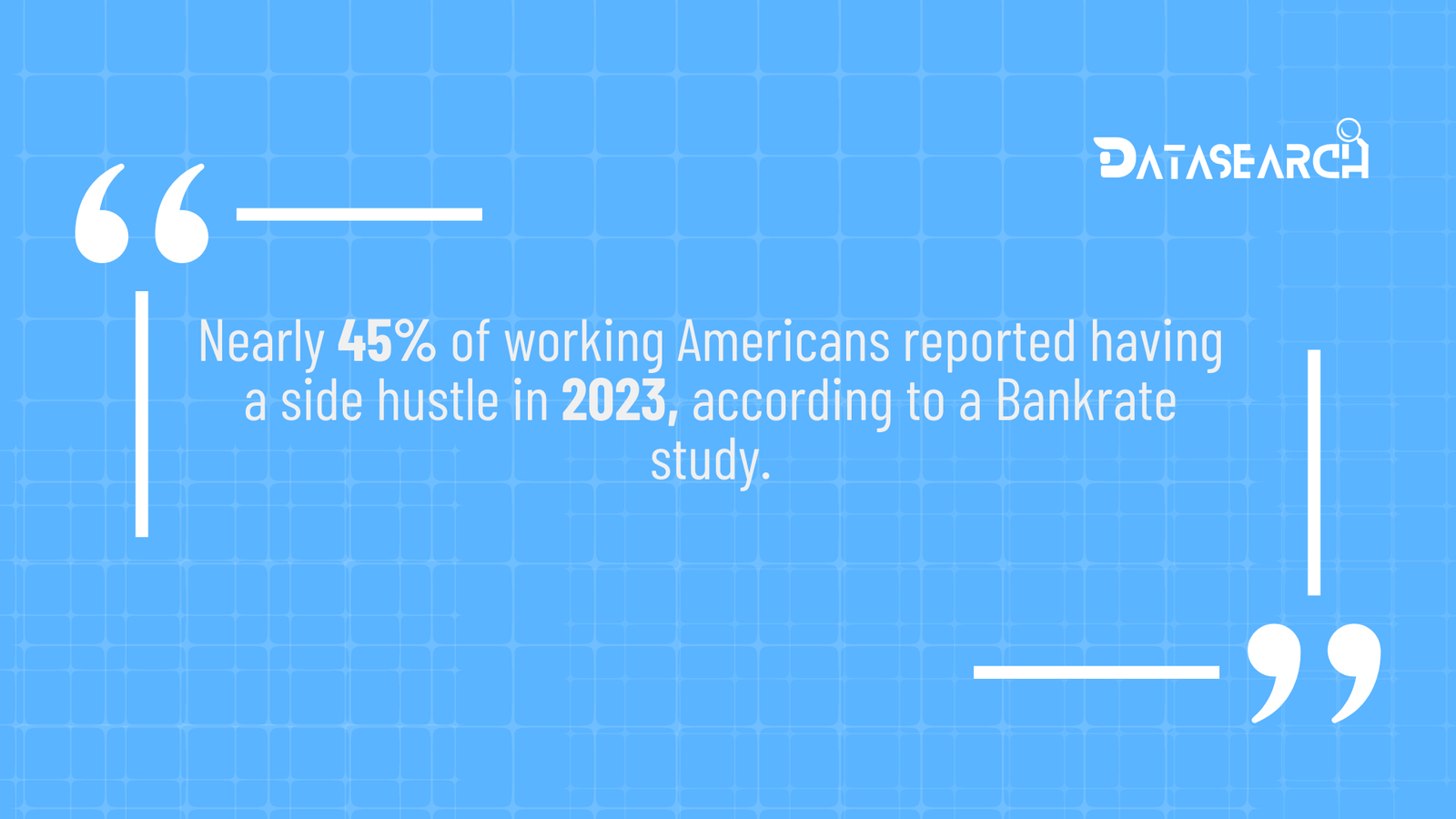In the age of big data, organizations are inundated with vast amounts of information from multiple sources. While data is often seen as a valuable asset that drives business insights and innovation, there’s growing recognition of the data paradox—the idea that having too much data can sometimes lead to poorer decision-making. This paradox raises the question: Can an overabundance of information hinder rather than help businesses? In this article, we’ll explore the data paradox, its impact on decision-making, and strategies to avoid data overload.
1. What is the Data Paradox?
The data paradox refers to the phenomenon where an excess of data creates confusion, delays decision-making, or leads to poor outcomes. As businesses accumulate vast amounts of data, decision-makers may struggle to sift through irrelevant, incomplete, or conflicting information. Instead of helping, too much data can create a cognitive overload, leading to indecision or reliance on incomplete analysis.
💡 Fact: A study by Harvard Business Review found that 40% of managers feel overwhelmed by the amount of data available, making it difficult to make timely decisions.
2. The Impact of Data Overload on Decision-Making
When faced with overwhelming amounts of data, business leaders may fall into the trap of analysis paralysis. This occurs when too much data leads to hesitation, with teams constantly analyzing and reanalyzing information instead of taking action. In other cases, decision-makers may rely too heavily on data without considering the context or other important factors, leading to poor or misinformed decisions.
📊 Example: A marketing team might have access to detailed data on customer behavior, demographics, and engagement, but with too many metrics to track, they may lose focus on the KPIs that truly matter, such as conversion rates or customer retention.
3. Data Quality vs. Data Quantity
The data paradox highlights the importance of quality over quantity. Not all data is useful, and having more data doesn’t necessarily lead to better insights. Poor-quality data—such as outdated, inaccurate, or irrelevant information—can skew analysis and lead to faulty conclusions. Businesses that focus on collecting relevant, high-quality data, rather than amassing large datasets, are more likely to make effective decisions.
🔍 Tip: Implement strict data governance policies that prioritize accuracy, relevance, and timeliness of data, ensuring that decision-makers only use high-quality information.
4. The Role of Cognitive Bias in the Data Paradox
Even with access to abundant data, cognitive biases can distort how decision-makers interpret information. When overwhelmed by data, people tend to rely on mental shortcuts, favoring data that confirms their pre-existing beliefs (confirmation bias) or focusing on the most recent data (recency bias). This can lead to skewed analysis and prevent leaders from making objective decisions based on the full picture.
🎯 Pro Tip: Use data visualization tools to help teams see trends and outliers more clearly, reducing the risk of cognitive biases affecting their decisions.
5. Balancing Data and Intuition
While data is a critical asset, relying solely on data without considering intuition or experience can lead to poor decisions. The most successful leaders strike a balance between data-driven insights and human intuition, especially when dealing with ambiguous situations or new market opportunities where data may not yet exist.
💡 Insight: According to research from PwC, 43% of executives believe that data-driven insights should be balanced with intuition and experience to make the best decisions.
6. The Importance of Data Curation and Context
One solution to the data paradox is effective data curation—the process of selecting, organizing, and managing data to ensure it is relevant and useful. Instead of giving decision-makers access to endless streams of data, curated datasets focused on specific business objectives help reduce complexity and drive more informed decisions. Additionally, understanding the context behind the data—such as market conditions, customer needs, or competitive landscapes—is critical for making well-rounded decisions.
📦 Example: A retail company might focus on curating sales and customer data for specific product categories to better understand which items are driving revenue, rather than overwhelming teams with irrelevant data on thousands of SKUs.
7. Strategies to Overcome the Data Paradox
To avoid the pitfalls of data overload, businesses must adopt strategies that help streamline their data practices:
- Prioritize Key Metrics: Focus on the most critical data points that directly align with business goals and key performance indicators (KPIs).
- Automate Data Analysis: Use AI and machine learning tools to automate data collection, analysis, and reporting, reducing the time spent on manual analysis and improving accuracy.
- Encourage Cross-Functional Collaboration: Involve multiple teams in the decision-making process to ensure that data is interpreted with different perspectives and expertise.
- Limit Data Access: Control access to data by ensuring that employees only have access to the data that is relevant to their role, reducing unnecessary complexity.
🔧 Pro Tip: Implement data dashboards that highlight key insights in real time, helping decision-makers focus on actionable data rather than drowning in details.
How DataSearch Can Help You Overcome the Data Paradox
At DataSearch, we understand the importance of making data-driven decisions without falling victim to data overload. Our platform is designed to help businesses streamline their data practices, providing access to high-quality, relevant data that aligns with specific business goals. With DataSearch.pro, you can eliminate noise, focus on actionable insights, and make faster, more informed decisions.
Ready to solve the data paradox and improve your decision-making process? Visit our website today to discover how DataSearch can help your business navigate the complexities of data in today’s digital world.




